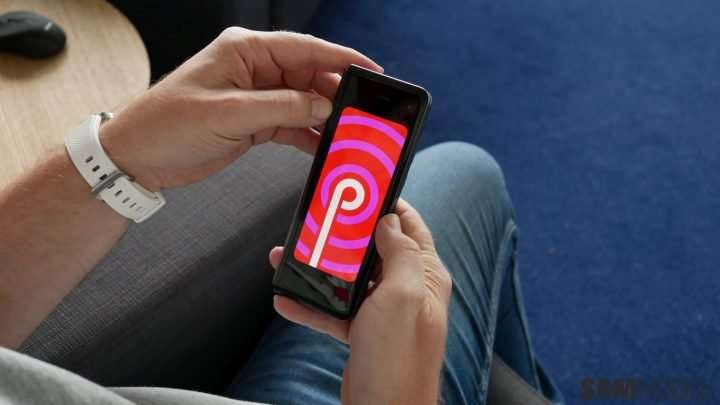If comments from Samsung’s mobile boss DJ Koh are anything to go by, the company will soon confirm when the Galaxy Fold is going to be launched. It had to delay the initial launch scheduled for April 26 in the United States due to some issues with review units. We have already discussed those issues in detail.
Samsung later recovered all review units that it had sent out and confirmed that it would improve the protection around the display to prevent foreign substances from lodging beneath it. So it’s not going to be long before customers can purchase Samsung’s $2,000 foldable smartphone. And while they get a very unique device for the money, we believe that Samsung should go the extra mile for Galaxy Fold customers in the software department.
Samsung should commit to three major Android OS updates
The $2,000 price tag for the Galaxy Fold may seem too high when looked at in isolation. However, add some context and it doesn’t look too crazy anymore. As we have already discussed before, the Galaxy Fold is actually quite the opposite of being overpriced. Samsung is also aware that it needs to provide additional services to customers so that they get the most bang for their buck. That’s why there has been talk of a concierge-like after-sales service for the Galaxy Fold.
It shouldn’t stop there, though. Most Android smartphones only receive two major OS updates. If your phone shipped with Android Oreo, Android Q would be the last major platform update that it receives. Since the Galaxy Fold will ship with Android Pie, the OS update that arrives after Android Q would be its last. And, as a result, there would be no difference in the update policy for a $200 budget Samsung phone and the $2,000 Galaxy Fold.
That’s not how it should be. Samsung should at least commit to three major OS updates for the Galaxy Fold. With its Snapdragon 855 processor, 12GB RAM and 512GB of UFS 3.0 internal storage, one can hardly make technical limitations an excuse. There has to be an added advantage from a software standpoint for customers who purchase Samsung’s first foldable smartphone. A lot of its fans would just wait until the next generation (or the one after that) for the technology to mature a bit, so it’s imperative that early adopters are given the utmost value for their money.
Samsung hasn’t announced anything regarding extended major Android OS support for the Galaxy Fold as yet. It has only talked about providing additional after-sales service, but it’s unclear precisely what this concierge-like service will be useful for. Samsung will most likely provide more information about this once the Galaxy Fold actually starts shipping.
We hope that Samsung will pleasantly surprise all of us by committing to three major Android OS updates for the Galaxy Fold. It just feels like the right thing to do, wouldn’t you agree?

HardyCz on May 10th, 2019 at 18:03 UTC »
Every phone with the implemented project Treble (typically every device with Oreo) should receive major updates as long as possible or OEMs should at least allow users to unlock bootloader (I'm looking at you Huawei)...
psychoacer on May 10th, 2019 at 16:18 UTC »
If you're buying this phone I doubt you're going to keep it for more then one update
ibraheem54321 on May 10th, 2019 at 16:06 UTC »
Any flagship phone needs at least 4 major os updates imo. Its ridiculous that $1000 flagships only get 2 updates that often don't even arrive on time.